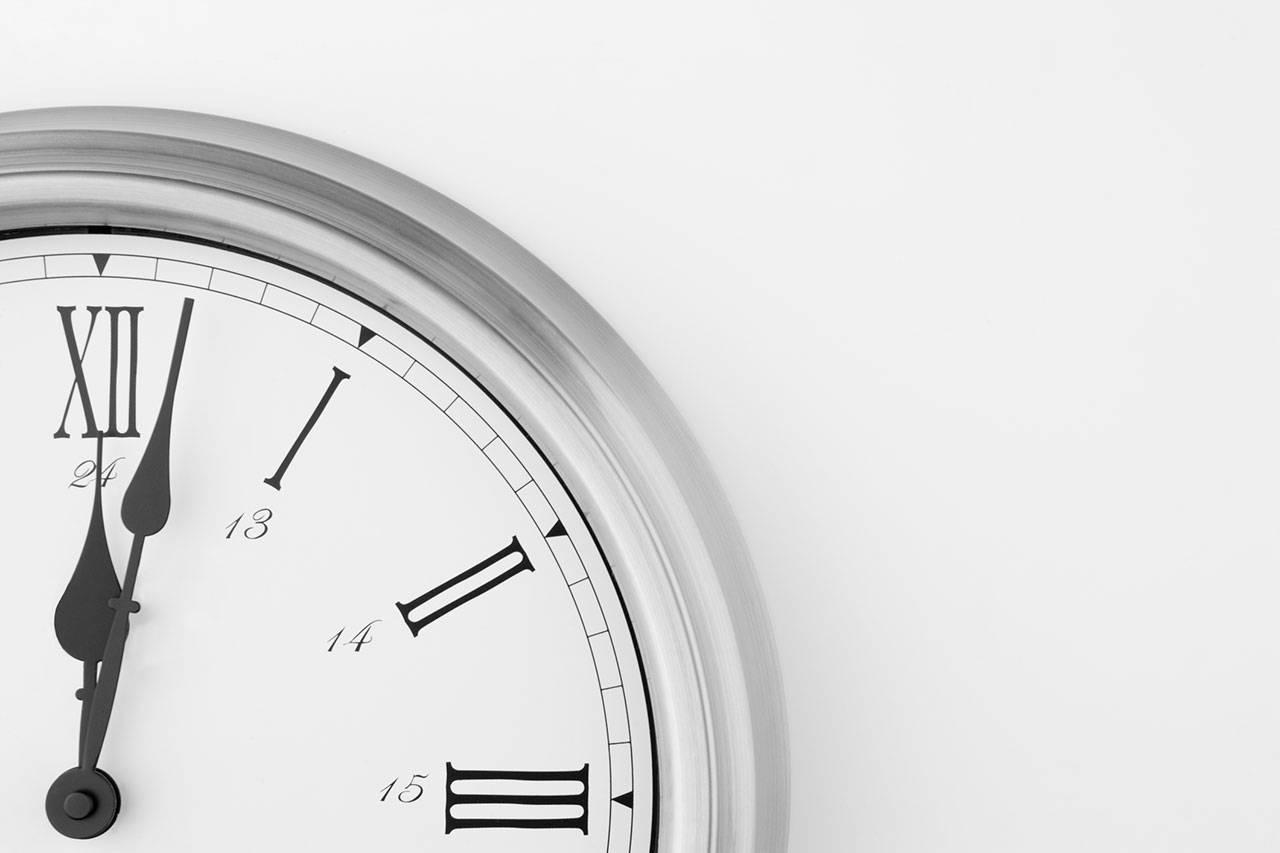By Ted Fischer
For The Conversation
The end of the year is always a time of reflection on what we have done and what we have left undone. And, of course, it’s time to start thinking about those resolutions for the new year and what we will do differently.
Our New Year’s resolutions usually target minor vices — eat fewer snacks, drink less, stop smoking, exercise more — whatever your particular self-admonitions may be. But it is too easy to get lost in the particulars — and in the negatives.
In setting out our resolutions, we should first step back and take stock of what it is that we really want, what we consider the good life to be, and then think about how best we might achieve it.
Well-being is more than just being well: Fellow anthropologist Arjun Appadurai encourages us to be driven by an “ethics of possibility” — hope, aspiration, optimism — and not just the “ethics of probability” — costs and benefits, risk management and systematized rationalities. We can be pragmatic, but let’s not allow that pragmatism to kill our dreams of how things could be better.
I’ve spent the last few years studying what contributes to the good life — the elements of well-being — for folks around the world. I’ve talked to rural Maya coffee farmers in Guatemala and urban supermarket shoppers in Germany, as well as Americans from all walks of life. I’ve looked at notions of well-being in Mozambique, Brazil and China. I found that income is important, but not as important as we might first think. Health and security are also necessary, but insufficient, for living a fulfilled life.
Well-being, it turns out, is about more than just being well. It also requires strong family and social relations, a sense of dignity in our lives and fairness in our opportunities, and commitments to larger purposes.
For example Miguel, a 43-year-old Maya coffee farmer in Huehuetenango, Guatemala, I met during my research has benefited in recent years from the boom in high-end coffee in the U.S. He says that life is good right now — even if we might characterize his circumstances as extremely impoverished. He finds a dignity in owning his own land, in growing quality coffee that commands a decent price. He is committed to providing his children with more opportunities in life, and that endows his hard labor with a larger purpose.
Such large purposes may take many different forms. German shoppers who buy organic and fair trade products see this as a way of linking consumption to moral projects of ecological stewardship and social solidarity. Mastering a craft, political activism, even religious extremism — all are ways we give larger meaning to life.
Based on this research, there are some lessons to take away for our New Year’s resolutions. First, we need to ask what is really important in our lives — and how we can align what we do with those values. Then we should commit, or recommit, ourselves to larger purposes that go beyond self-interest. These could be grand (changing jobs to something more meaningful) or modest (cooking more meals at home for the family) — the crucial thing is that they are about more than just getting ahead.
Lessons for a happy New Year: In fact, sometimes being less productive economically can make us better off in terms of well-being. Filipe Campante and David Yanagizawa-Drott found that in Muslim countries, the fasting and observances during Ramadan had a negative impact on GDP growth, but that individuals also reported being happier and more satisfied with their lives. Giving something up for a greater good — and just giving more broadly — is deeply rewarding.
Second, we should be generous with the time we invest in family and social relations. Material goods usually bring only fleeting happiness, and yet we often pin our hopes and dreams on the accumulation of things we hope will make us happy. Focusing on relationships and experiences adds much more to our long-term life satisfaction. Across cultures, we find that strong social relations and the amount of time spent with family are very good predictors of overall well-being.
For many in the U.S., this means adjusting our work-life balance. In Germany, there is a clear distinction between work and play. Germans are more productive than Americans when at work, but they also work less and guard their time off. At Volkswagen, managers have demanded that Blackberry servers be turned off after working hours so that they will not be expected (or tempted) to respond on their own time.
Americans spend much more time at work than in many other industrialized countries — around 1,800 hours per year on average, compared to around 1,400 hours for Germans. In 1930, John Maynard Keynes famously predicted that by now productivity would be so high, the average work week would be only 15 hours. And yet our material wants have outpaced even our dramatic productivity gains.
Finally, we should take time to step back from our culture of busy-ness and getting ahead to appreciate what we already have. It may be human nature to want more, but the good life also rests on gratitude and purpose.
Ted Fischer is a professor of anthropology at Vanderbilt University. This article was originally published on The Conversation.
Talk to us
> Give us your news tips.
> Send us a letter to the editor.
> More Herald contact information.

























